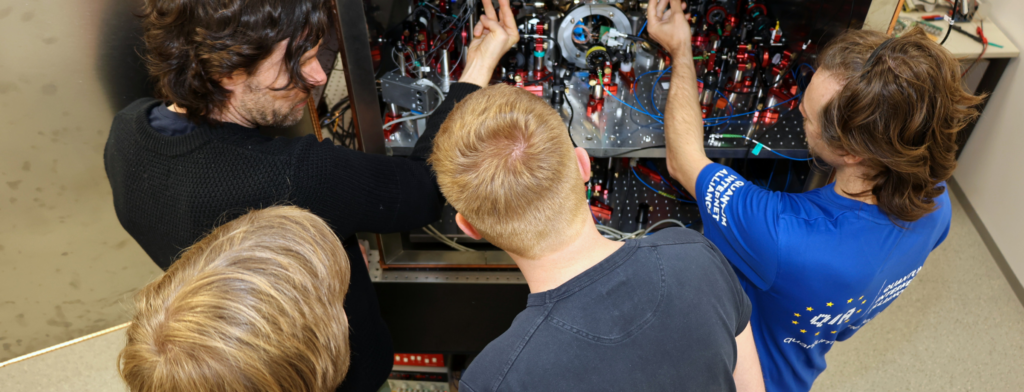Career
Internship at University of Stuttgart’s 3. Physikalisches Institut
Open to young professionals | Internship period: 3-5+ months (desired start date: 01 September 2025)
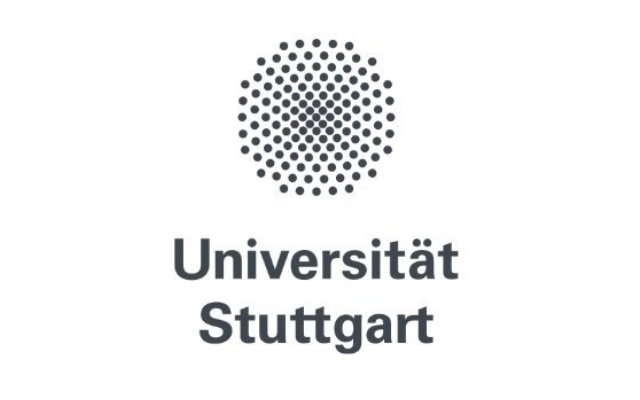
In this internship programme, below topics are possible work.
Nanophotonic Cavities in Diamond and Silicon Carbide:
- Investigate the properties of 1D photonic crystal cavities coupled to waveguides
- Learn the design concept and produce your own cavity in a clean room facility
- Study the fundamental principles of light-matter interaction in diamond and silicon carbide materials.
Goal: Design, produce and characterise a nanophotonic cavity, and measure its main properties: resonance frequency, Q factor, estimate the mode Volume and predict the possible Purcell factor and cooperativity for a colour center inside it.
Defect Creation and Characterization
- Work with defects such as the V2 center in Silicon Carbide or the SnV center in diamond, optimise their creation protocols
- Characterize and analyze the properties of these defects to better understand their potential use in quantum repeater nodes.
Goal: Create and characterise a set of defects in several samples, asses their properties and draw conclusions regarding their applicability for quantum network applications
Nuclear Spin Memory Control for Quantum Networks
- Investigate the control mechanisms for nuclear spin memory, with a focus on the V2 and VV centers in Silicon Carbide, as well as the SnV center in diamond.
- Explore gate design and controllability of nuclear spin memories in different electron spin systems (S=3/2, S=1/2, S=1) and their potential applications in quantum memory and quantum network protocols. Learn simulation tools and experimental control techniques.
Goal: Learn the basic principles of nuclear spin memory control, establish basic skills for simulation of coherent control and memory based quantum protocols, as well as establishing basic experimental skills and knowledge for nuclear spin memory operation.
Desired candidate:
- We are looking for passionate students with an interest in quantum science, nanotechnology, and materials science.
- Ideal candidates will have a background in physics, electrical engineering, materials science, or related fields.
- Experience with experimental research, computational modelling, or solid-state physics is a plus.
- Basic knowledge of Python is desired.
- Knowledge of some of topical software packages, e.g. Numerical, Meep, MPB, Comsol, Qudi, Qutip is appreciated.
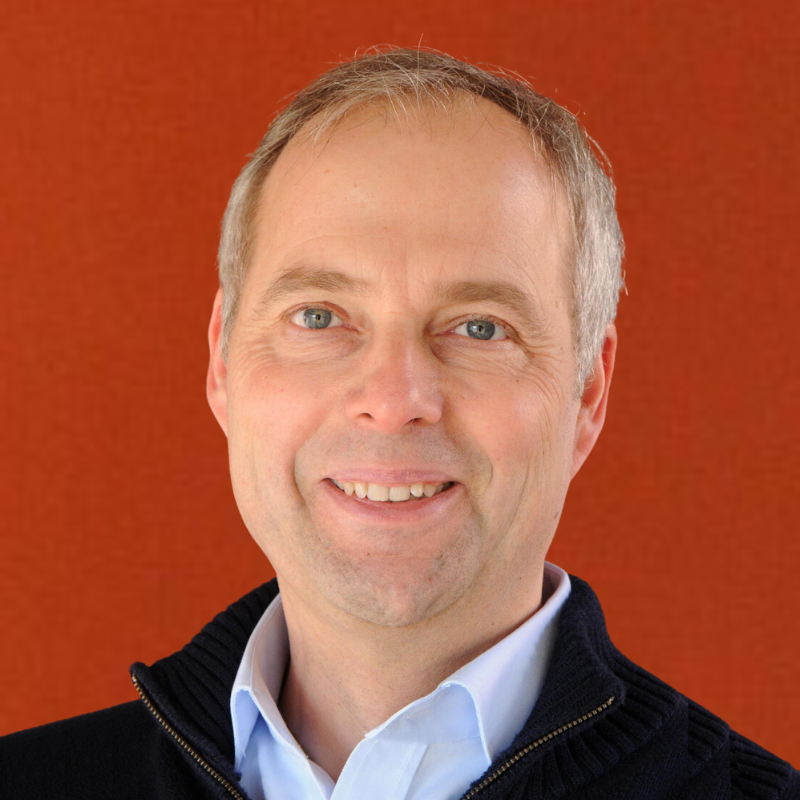
Prof. Jörg Wrachtrup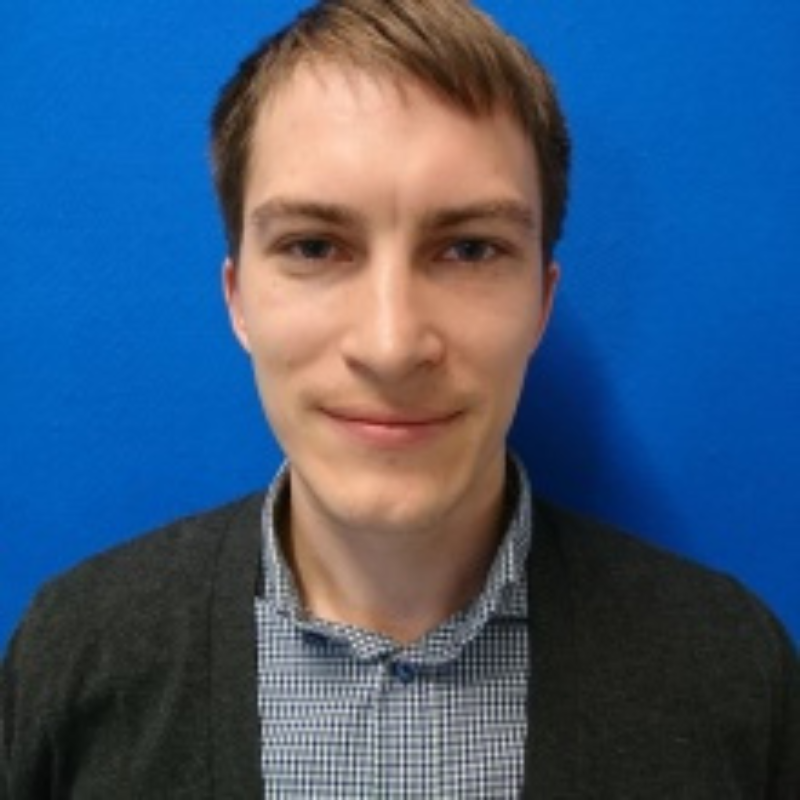 Dr. Vadim Vorobyov
Dr. Vadim Vorobyov
Internship Supervisors
Prof. Jörg Wrachtrup, Head of Department, 3rd Physical Institute
Vadim Vorobev, Postdoc Researcher, 3rd Physical Institute
About 3rd Physical Institute
Science and teaching at the institute comprises solid state quantum optics and spintronics with applications in modern microscopy and metrology applications in e.g. biophysics. Common to all experimental approaches is the use of photons as central tool. Besides set-ups in the field of optics and spin control facilities at the institute comprise synthesis, implantation and structuring of carbon materials, protein purification and cell culturing.
Interested in this internship? Send an application on or before 31 May 2025!
To submit an application, send your CV (max 2 pages) and motivation letter to info@quantuminternetalliance.org on or before 31 May 2025. Kindly write “INTERNSHIP APPLICATION” on the subject line of your email.
*List of eligible countries: Belgium, Bulgaria, Croatia, Cyprus, Czechia, Estonia, Finland, Greece, Hungary, Ireland, Latvia, Lithuania, Malta, Poland, Romania, Slovakia, Slovenia, Sweden
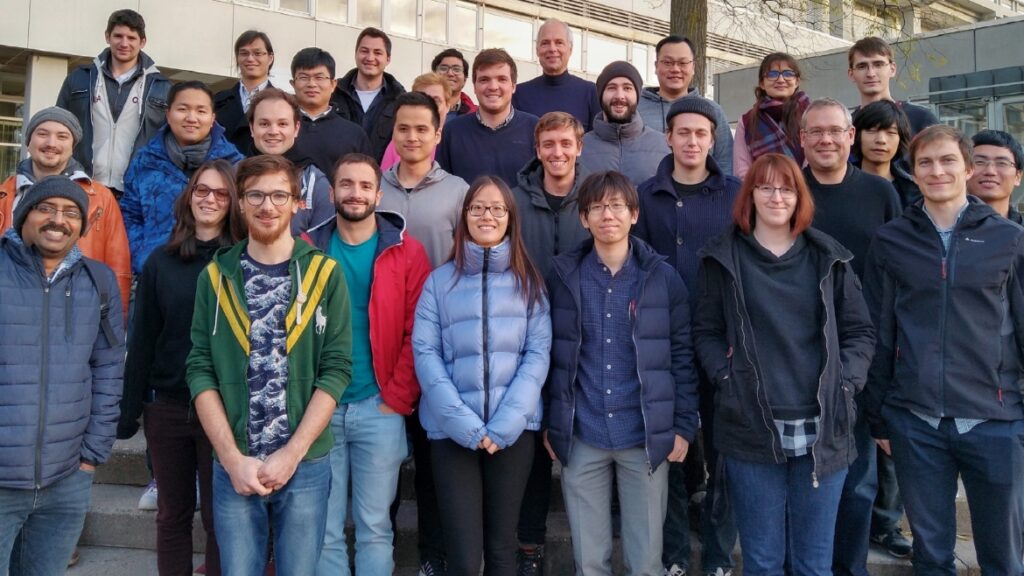
In the photo: University of Stuttgart's 3. Physikalisches Institut department led by Prof. Jörg Wrachtrup
The University of Stuttgart, a university located in Germany, is one of the top nine leading technical universities in Germany (TU9) with highly ranked programs in civil, mechanical, industrial and electrical engineering.
